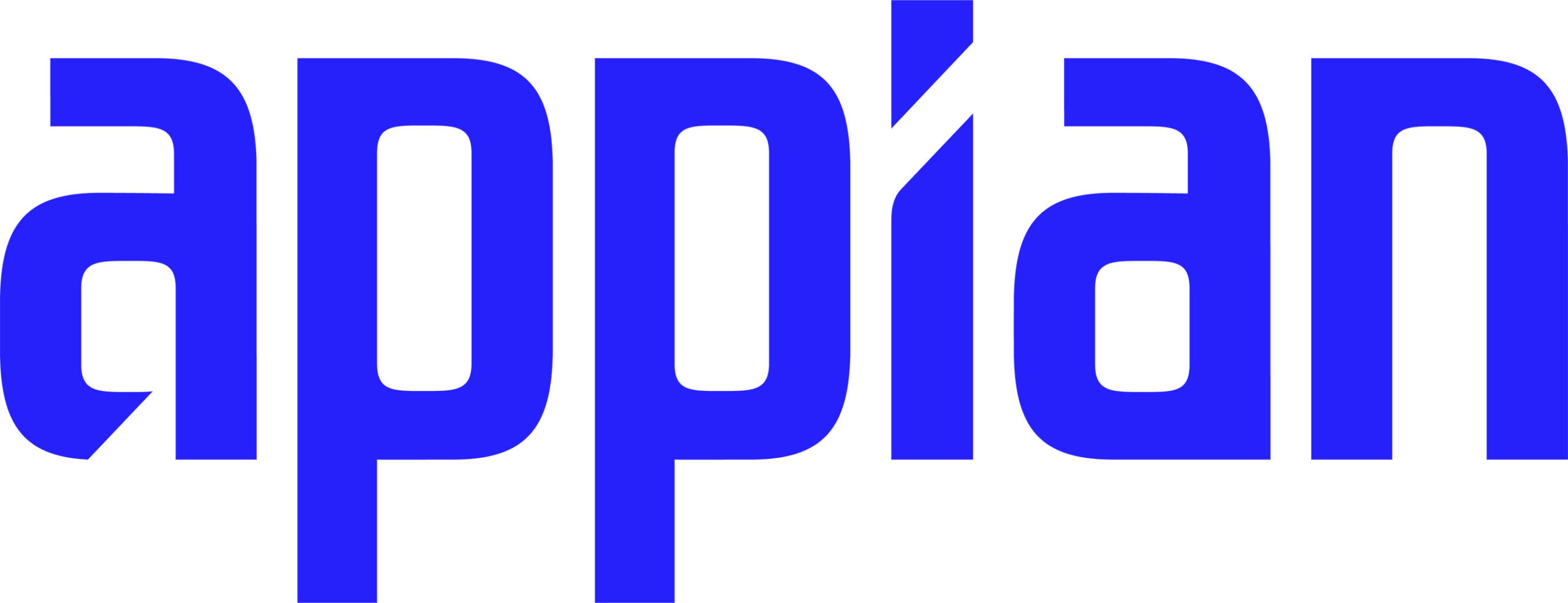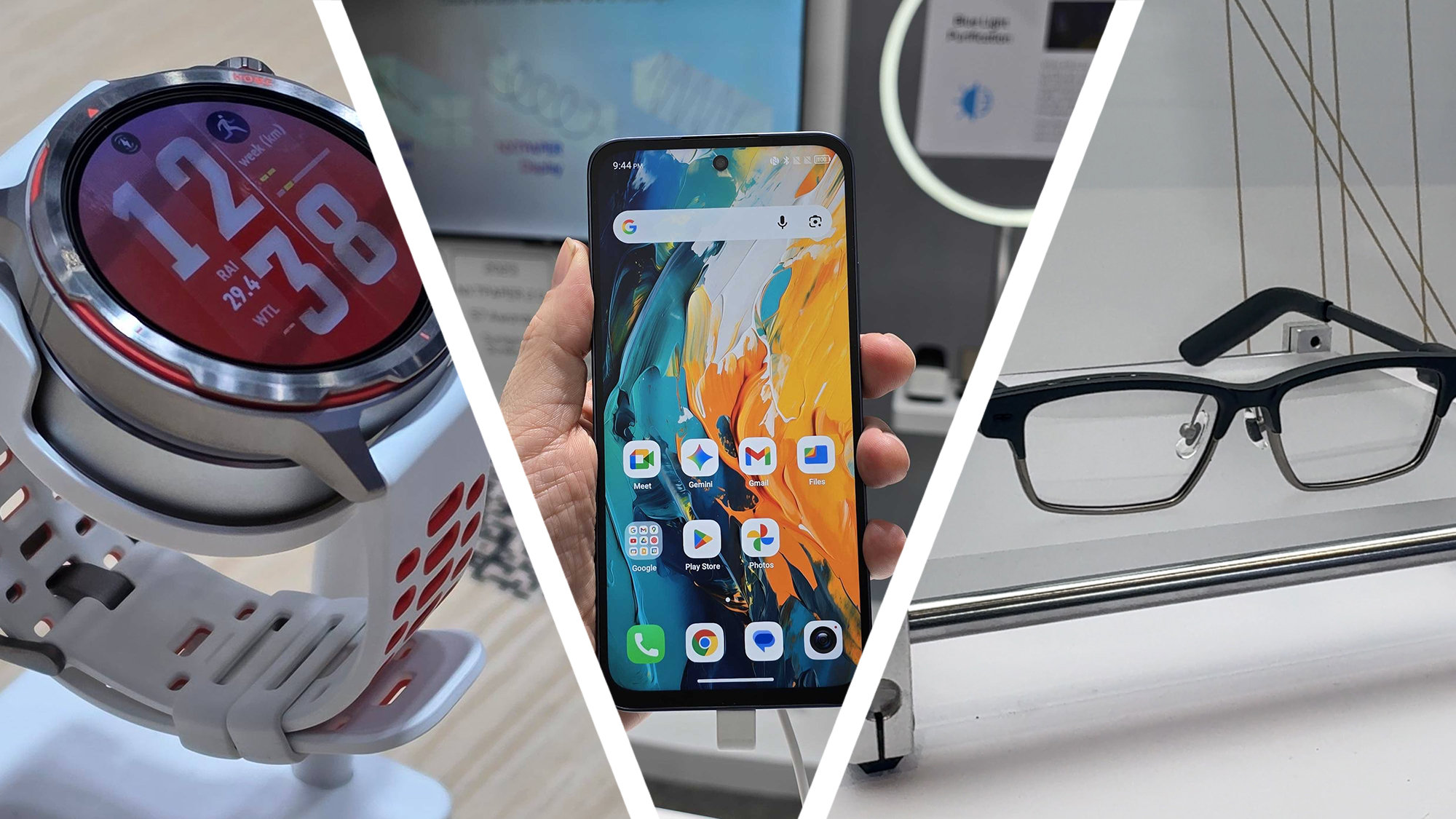
The recent launch of the humanoid robot butler, 1X Neo, has ignited discussions about the implications of increasingly human-like technology. Priced at $20,000, this robot is designed to perform household chores autonomously. However, the question remains: how closely should we mimic human characteristics in machines that serve us?
The 1X Neo employs a method called teleoperation, allowing a remote operator to teach the robot new tasks that it has not yet mastered. This approach raises concerns about the extent to which we can rely on technology to perform daily responsibilities. As robots become more integrated into our lives, the potential for misunderstanding human interaction increases.
Concerns Over AI Companionship
Adding to the conversation around robotics is the introduction of a new AI chatbot, Friend, designed to replace human companionship. This wearable device has faced significant backlash in New York, where many view it as a threat to authentic relationships. Critics argue that although technology can enhance lives, it cannot replicate the emotional depth of human connections.
The pushback against Friend reflects a broader unease about how artificial intelligence is reshaping social interactions. As we develop tools aimed at fostering companionship, we must consider the potential consequences on our relationships and mental health.
The introduction of 1X Neo and Friend is occurring alongside new regulations in the tech landscape. Stricter safety rules for power banks on domestic flights are set to be enforced, highlighting the ongoing challenge of ensuring safety as technology evolves.
In a related development, Meta has launched an AI briefing tool for Facebook users, aiming to improve user experience on its platform. This tool signifies the company’s commitment to integrating artificial intelligence into everyday applications, further blurring the line between human and machine interactions.
As the technology landscape continues to advance, the implications of these innovations deserve careful consideration. Striking a balance between convenience and maintaining human connections is crucial as we navigate an increasingly automated world.






